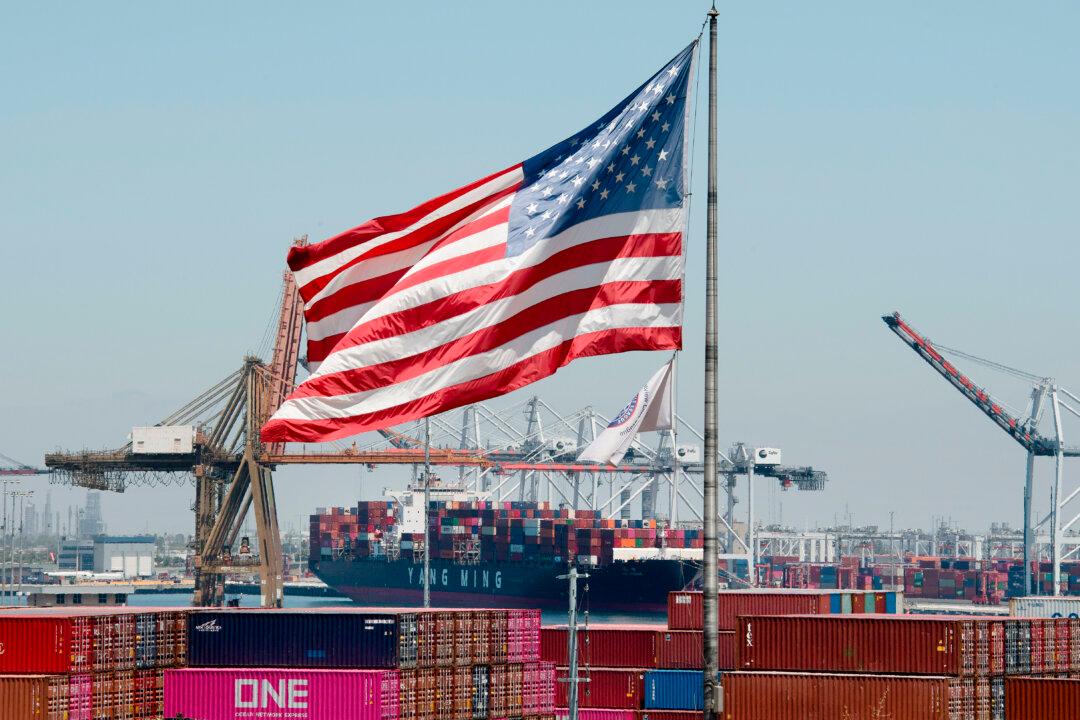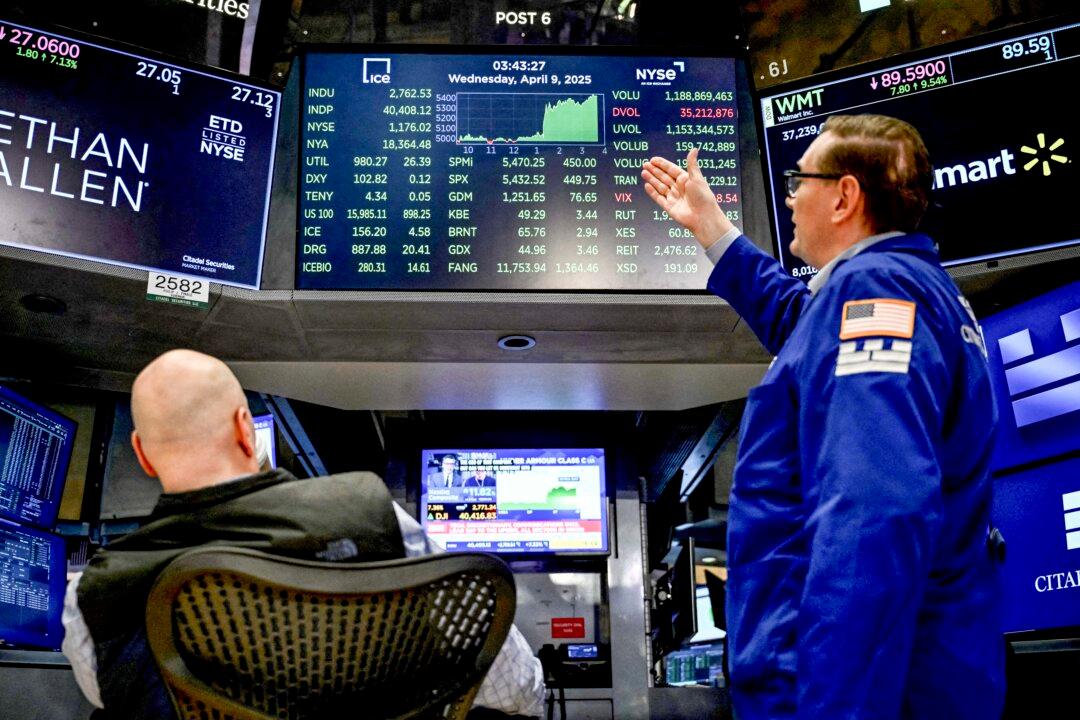Commentary
The U.S. House of Representatives passed legislation recently requiring TikTok to either be owned primarily by a U.S. corporation or be blocked in the United States. The legislation will now be taken up by the U.S. Senate, where it faces a decidedly murkier path despite support from President Joe Biden.





